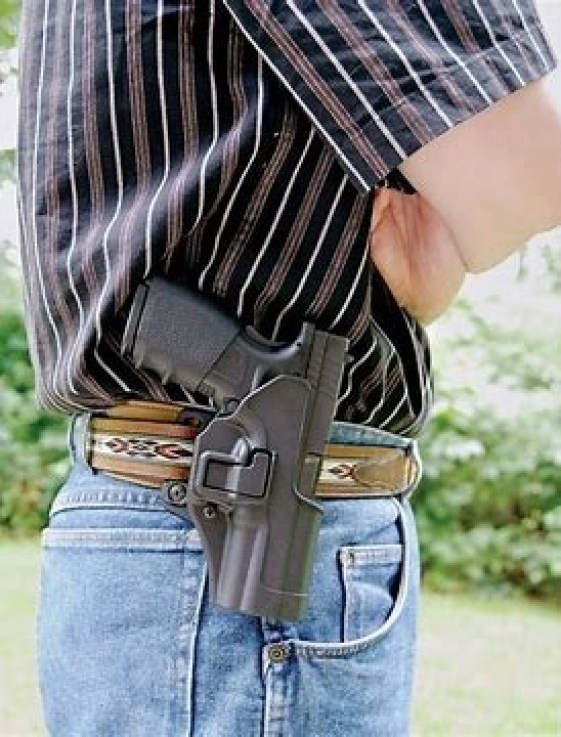The Ninth Circuit Court of Appeals has ruled nonviolent felons can keep and bear arms.
Thanks to the Supreme Court ruling in Bruen, this is another federal court decision affirming the rights of felons to exercise their Second Amendment rights.

The three-judge panel voted 2-1 in favor of the defendant, Steven Duarte, and vacated his conviction. Duarte was convicted for violating a law prohibiting felons from owning firearms. The incident that led to his arrest occurred in March 2020 in Inglewood, California. Police officers saw the defendant throw a handgun from a car in which he was a passenger.
He had five nonviolent felonies on his record, including vandalism, drug possession, and evading a police officer. He was convicted and sentenced to 51 months in prison. However, he appealed the conviction on Second Amendment grounds. His attorneys argued that federal laws barring him from owning a gun are unconstitutional as applied to him as a nonviolent offender.
The court’s ruling repudiated an earlier Ninth Circuit decision in United States v. Vongxay, and argued that the decision was “clearly irreconcilable” with the Supreme Court’s ruling in Bruen. The Vongxay ruling upheld federal laws prohibiting felons from owning firearms.
The court applied Bruen’s two-step framework, acknowledging that Duarte, as an American citizen, is part of “the people” covered by the Second Amendment and rejected the state’s argument that felons are excluded from its constitutional protections.
At Bruen’s second step, the court determined:
The Government put forward no ‘well-established and representative historical analogue’ that ‘impose[d] a comparable burden on the right of armed self-defense’ that was ‘comparably justified’ to the current law’s ‘sweeping, no-exception, lifelong ban.’
Thus, the government failed to meet its burden under Bruen to justify barring Duarte from owning guns as a nonviolent offender.
Moreover, the court explained that the draft proposals taken up by New Hampshire’s, Massachusetts’s, and Pennsylvania’s state conventions prior to the ratification of the Constitution:
[A]llude to a possible tradition of disarming a narrow segment of the populace who posed a risk of harm because their conduct was either violent or threatened future violence, [which] does not offer a ‘distinctly similar’ justification for an across-the-board disarming of non-violent offenders like Duarte.
Judge Carlos Bea, who dissented from the decision, argued against the notion that nonviolent offenders should be allowed to own firearms. He argued that until the Supreme Court issues a ruling “that is clearly irreconcilable with Vongxay,” the panel is “bound by that decision.”
Bea argued that the Bruen decision does not overrule Vongxay. It only reaffirms that the Second Amendment protects only “law-abiding citizens,” which should exclude even nonviolent felons like Duarte. He asserted that the other judges’ reading of Bruen is essentially an invitation to “uproot a longstanding prohibition on the possession of firearms by felons.”
Nevertheless, the other judges disagreed and overturned Duarte’s conviction, which could result in the overturning of many gun-related convictions.
It is also worth mentioning that even prohibitions on violent felons owning firearms after they have served their time could be seeing their last days soon.
The Supreme Court last November heard United States v. Rahimi, which involves the conviction of an individual for owning a gun after having been convicted of a series of violent crimes.
The court has not yet handed down a ruling in the case, but it will likely be even more controversial than Duarte’s, given the nature of the defendant’s past crimes.
This could very well become a game-changing Second Amendment case that will raise plenty of eyebrows.



